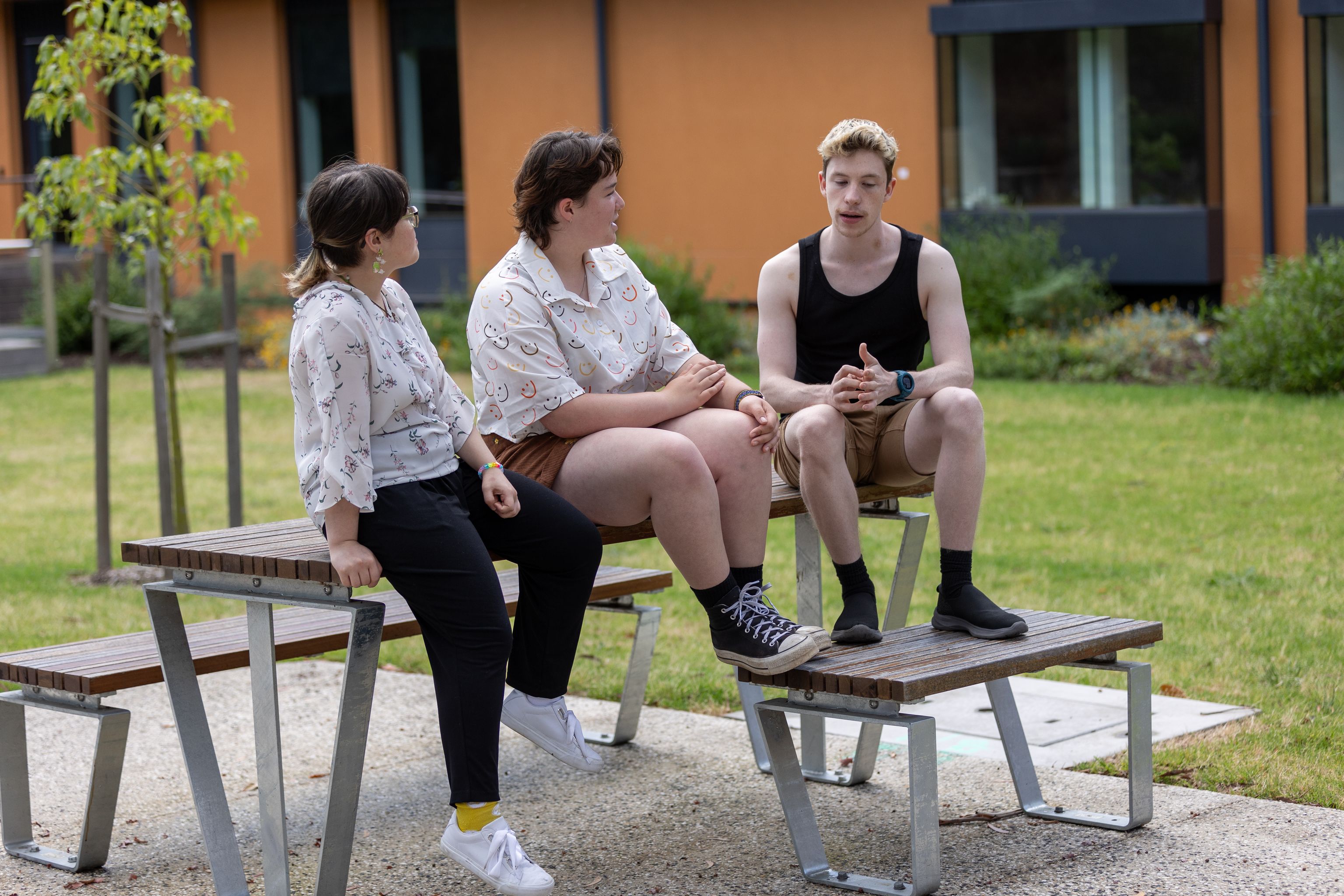Youth outreach program
- Children and young people, 14-25
- People in Maroondah, VIC
- Online and in-person
Each – Altogether Better Care
/services/audience/young-people
Printed on
Growing up can be complicated. We offer a range of expert services for young people. Whether you need support for your mental health, physical wellbeing or other parts of your life, we’re here for you through life’s ups and down.

These services are specifically for teens and young adults. They're delivered by people who get what you're going through and know how to help.
Find the right support for whatever you're facing – from mental health and physical wellbeing to family challenges and social connections.
69 items
Counselling and family support
No or low feeWe offer professional support that fits your life, your needs and your schedule.
Get support from health professionals who understand young people. Whether you're dealing with mental health challenges, need general healthcare or want to focus on your wellbeing – we listen and create a care plan that works for you.
Join activities and programs for young people. Meet others your age, learn new skills or get support in a way that feels right.
We understand you have school, work, family and other commitments. That's why we offer appointments and programs to fit your schedule and preferences – like one-on-one support in our clinics, support online and family sessions.



“Every family situation is unique, but the underlying challenges are similar. The youth and family counselling service helped me to find ways to navigate and manage them.”
We can help you find the right service and take the next step.
Monday to Friday 9am to 5pm
Copyright 2025 Each. All rights reserved.